As a record number of senior officials were investigated for corruption last year, China's campaign to fight graft, which has now reached a wider section of society and retired officials, shows no signs of losing steam, experts said.
A total of 58 centrally managed officials were investigated for disciplinary violations in 2024 by the Communist Party of China Central Commission for Discipline Inspection and the National Supervisory Commission. And 47 of these were at the vice-ministerial level or above, the country's top anti-corruption watchdogs said in a report on last year's efforts to fight corruption, which was published on their official website.
The watchdogs said that many "tigers", a term used to refer to high-ranking corrupt officials, were put under investigation last year in key sectors with a high concentration of power, funds and resources including finance, sports, State-owned enterprises, pharmaceuticals, infrastructure and construction, as well as tendering and bidding. This has sent out a strong signal that efforts to fight corruption in key sectors have been deepened.
In addition, in the first three quarters of 2024, disciplinary inspection and supervision authorities nationwide filed approximately 642,000 cases, the watchdogs said.
Peng Xinlin, a senior expert in integrity building and anti-graft fields, said that the increase in the number of "tigers" snatched and cases filed demonstrates the country's persistent efforts to strengthen anti-corruption campaigns, which shows that the strong momentum to fight corruption will not slacken.
"People should realize that the fight against corruption and preventing it from happening is still tough. And continued efforts should be made to eliminate the soil that breeds corruption," Peng said.
The report was published just before the fourth plenary session of the 20th CPC CCDI, the Party's top disciplinary body, which will be held from Monday to Wednesday.
In 2024, nine former ministerial-level officials had been probed and many of them had held key positions at the provincial level and in ministries, such as Wu Yingjie, former Party secretary of the Xizang autonomous region, Luo Baoming, former Party secretary of Hainan province, Tang Renjian, former minister of agriculture and rural affairs, and Gou Zhongwen, former head of the General Administration of Sport of China.
Retired high-ranking officials have also been targeted by anti-corruption watchdogs, meaning that retirement is no longer a safety net for corrupt officials. When Qi Tongsheng, a former senior political adviser from the Ningxia Hui autonomous region, was put under investigation in October for suspected severe violations of Party discipline and the law, he was 72 and had been retired for about a year.
What's more, facing the tough stance on corruption, some ministerial-level officials who have committed violations of discipline also decided to turn themselves in last year.
Yang Fasen, a member of the Standing Committee of the CPC Qinghai Provincial Committee and secretary of the commission for political and legal affairs of the CPC Qinghai Provincial Committee, surrendered himself to the authorities and was later put under investigation in October.
Luo, former Party secretary of Hainan and former deputy head of the Overseas Chinese Affairs Committee of the 13th National People's Congress, China's top legislature, also turned himself in to authorities last year.
Xu Hang, a professor at Zhou Enlai School of Government at Nankai University in Tianjin, said such moves from high-ranking officials show that China's anti-corruption efforts have become more effective, meaning that corrupt officials at all levels have nowhere to hide.
"Besides further intensifying anti-corruption efforts, efforts to supervise officials in key positions should be stepped up so they wouldn't dare to abuse their power," he said.









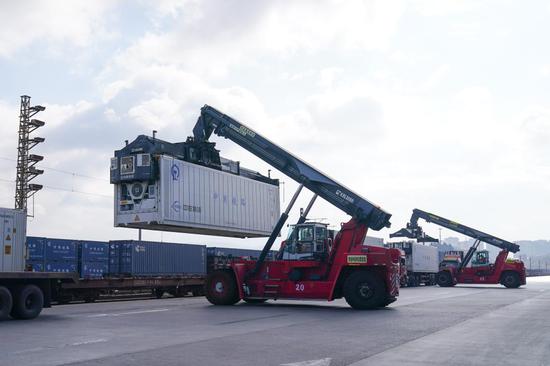
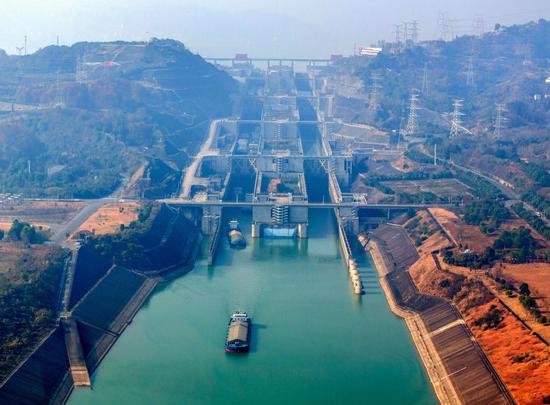


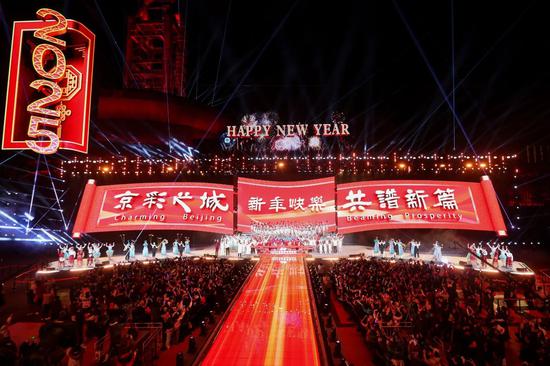
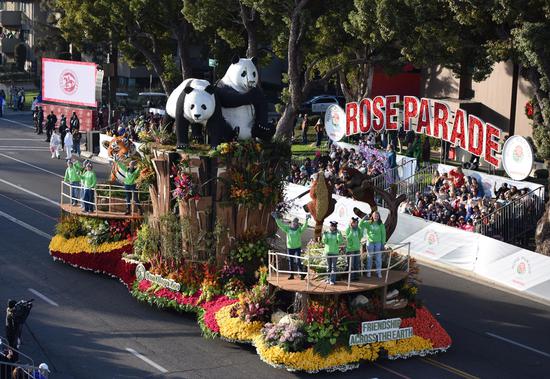


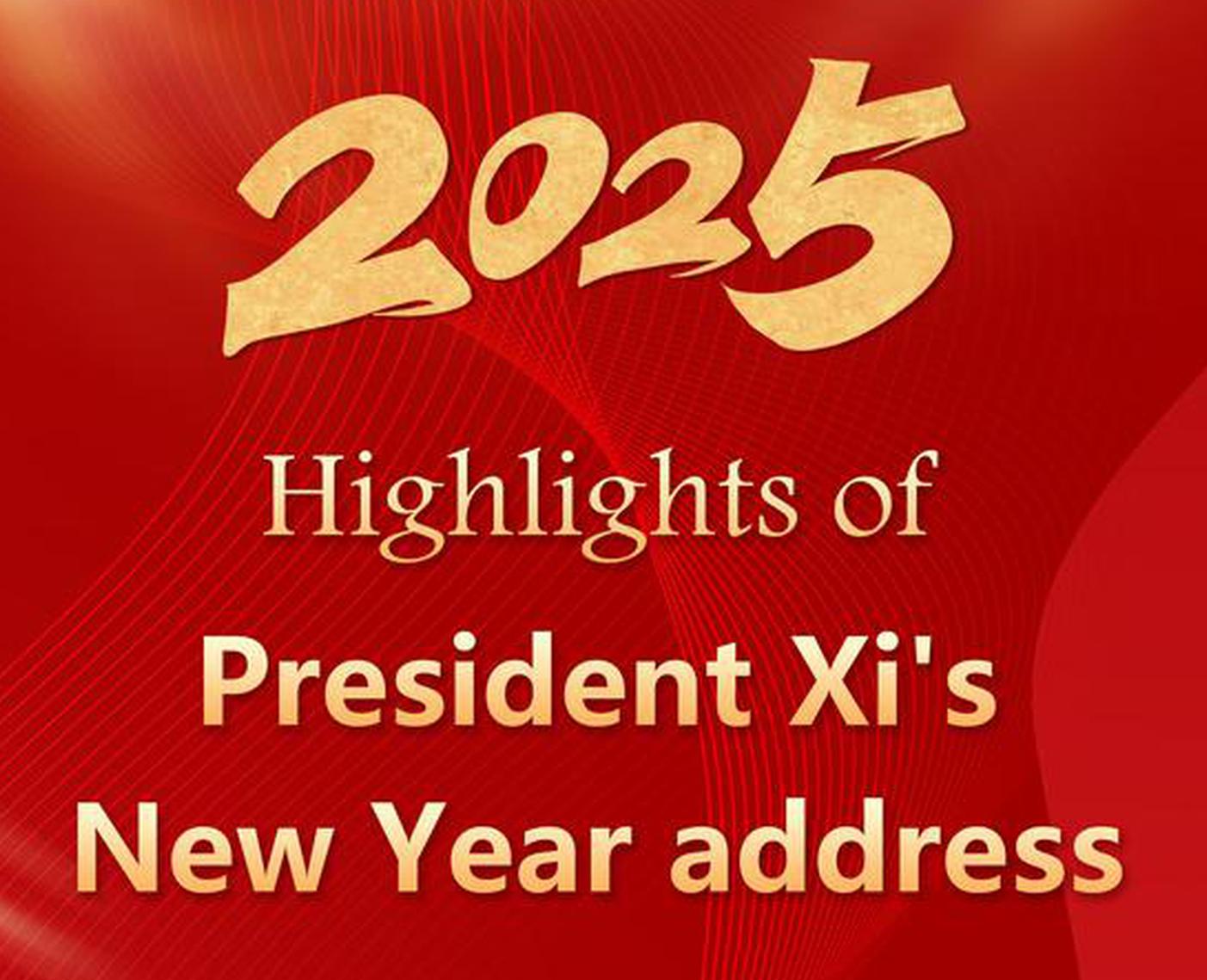



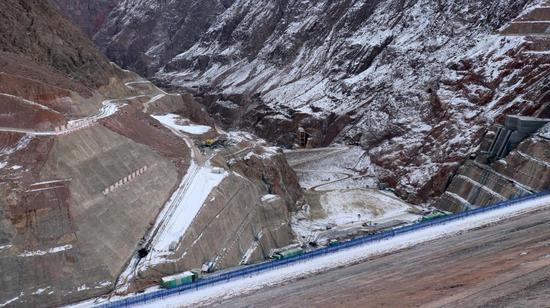



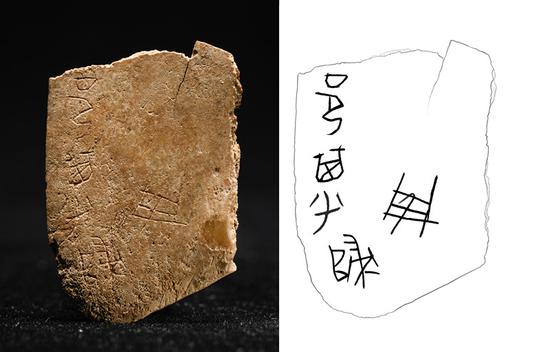
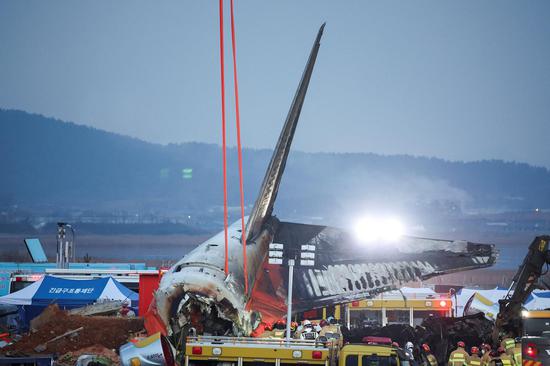
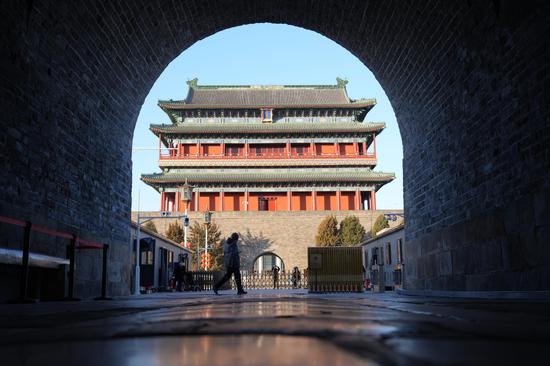
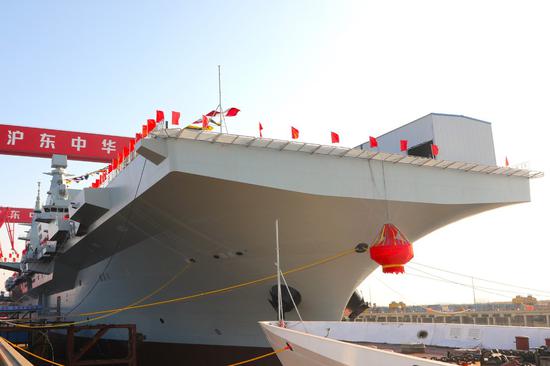

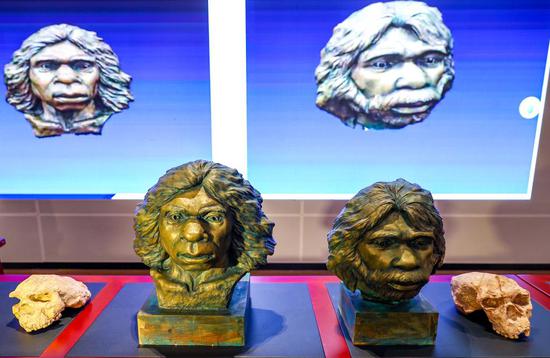
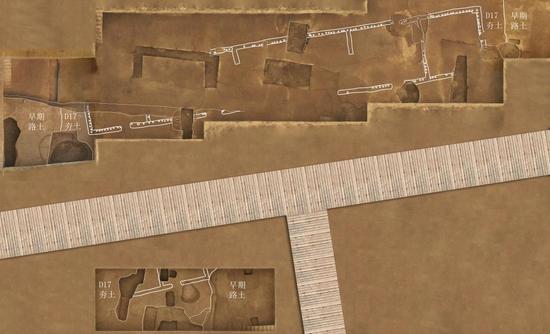
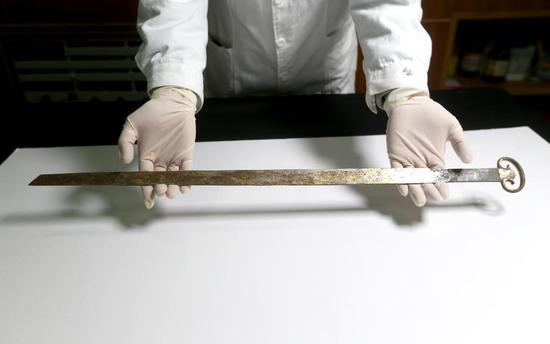
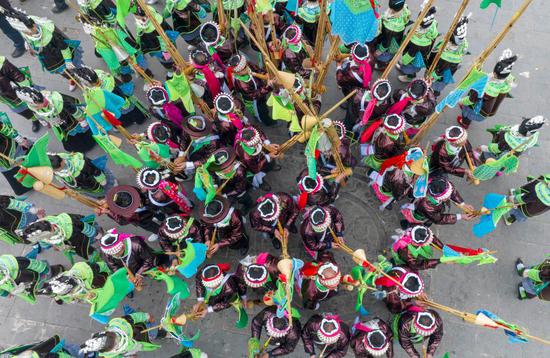

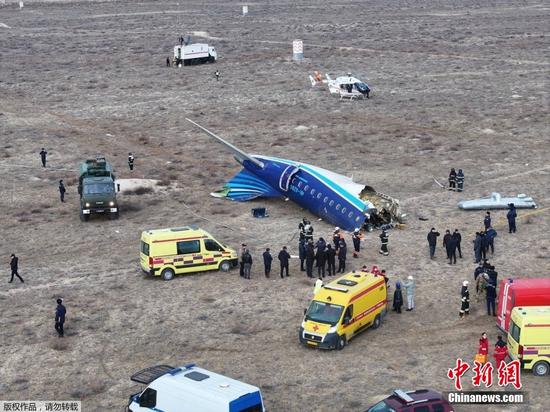


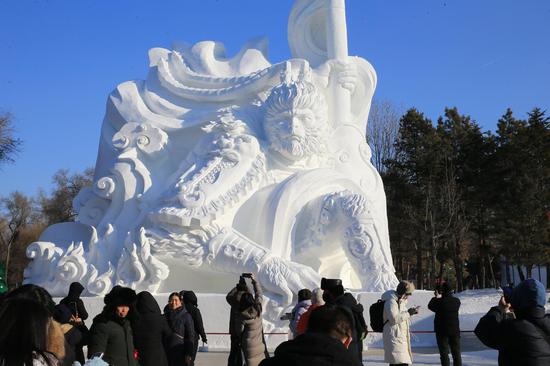


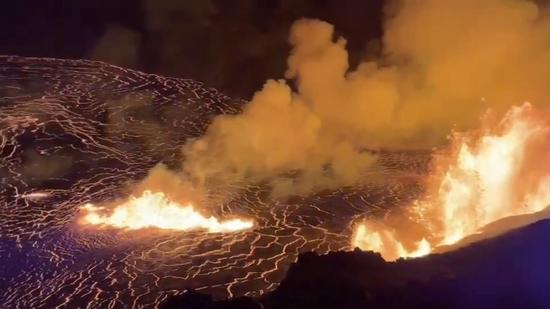
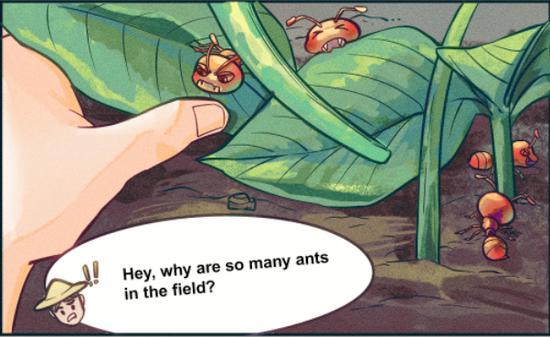



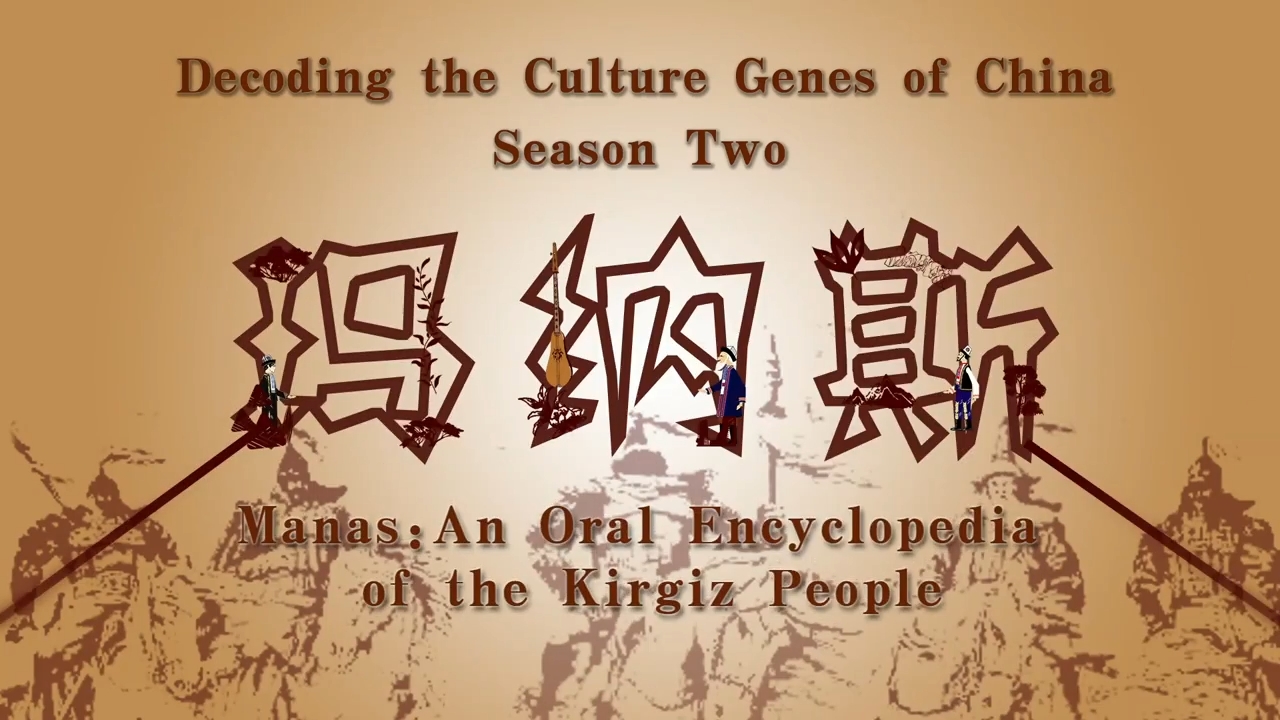



 京公网安备 11010202009201号
京公网安备 11010202009201号